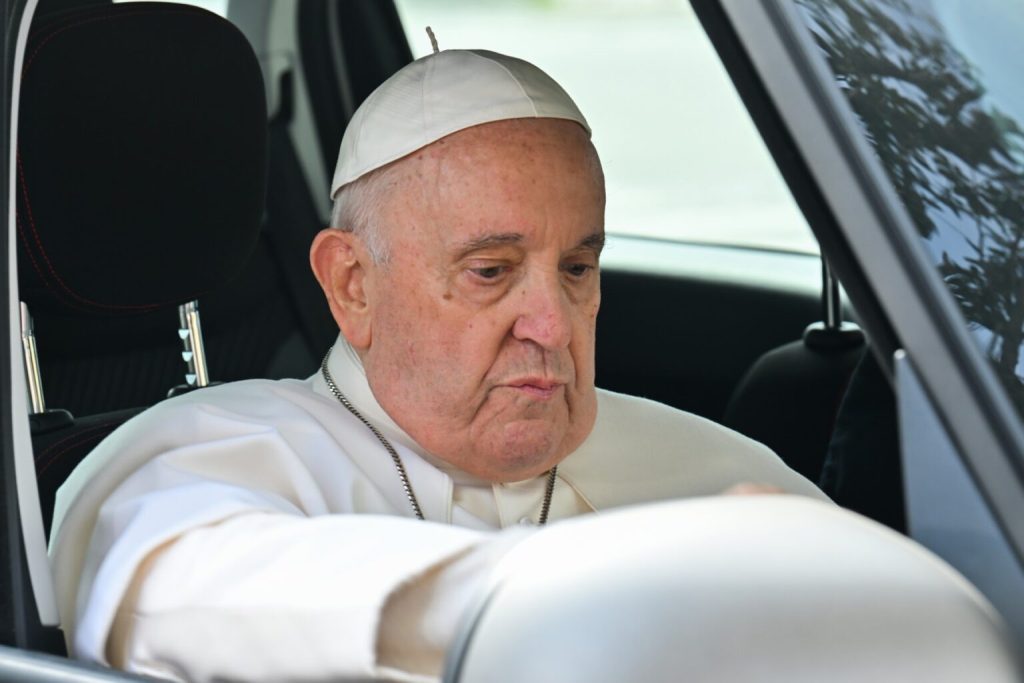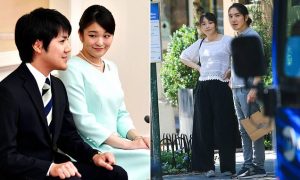
The Catholic Church has entered a period of transition following the death of Pope Francis on Monday at age 88. The Vatican confirmed the pontiff passed away at his residence after a prolonged illness, just one day after he made his final public appearance at Easter Mass.
A conclave of 137 cardinal electors will soon gather at the Sistine Chapel to choose a successor. Most of these electors were appointed by Francis himself during his 12-year papacy, increasing the likelihood his progressive reforms may continue under new leadership. The late pope’s international appointments also make it probable the next pontiff could again come from outside Europe.
Church officials have begun traditional protocols following a pope’s death. The camerlengo formally confirmed the passing and will oversee the transition period. Francis’ body will lie in state at St. Peter’s Basilica before burial at his chosen resting place, the Basilica of Saint Mary Major – a departure from tradition.
The election process will begin in 15-20 days when cardinals convene in Rome. Only those under 80 years old can vote in the secret ballot process requiring a two-thirds majority. Nigeria has one voting cardinal, Peter Okpaleke, among four total Nigerian cardinals in the Church hierarchy.
Francis’ death marks the end of a transformative papacy that saw the first Jesuit pope and first pontiff from the Americas. His tenure was marked by outreach to marginalized communities and efforts to modernize Church governance. The coming conclave will determine whether his vision continues or if the Church enters a new direction.







